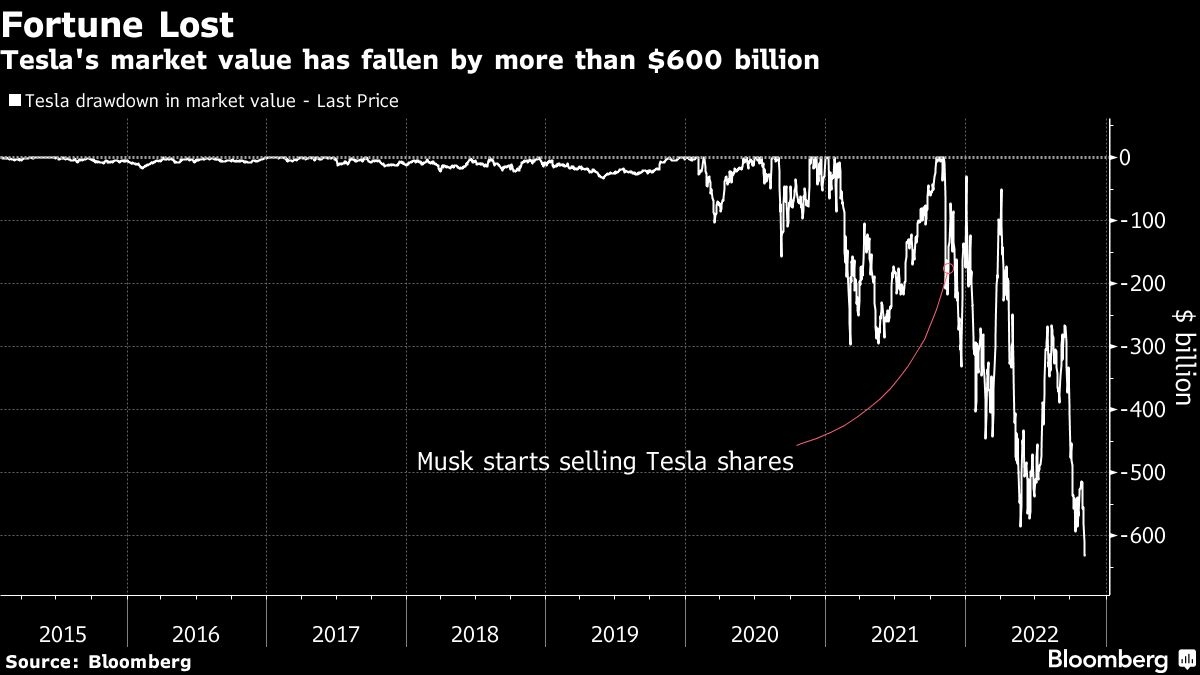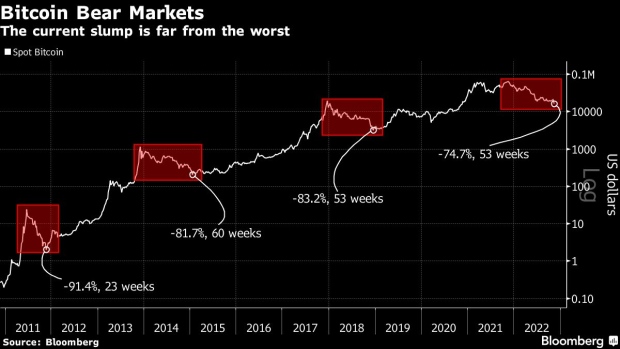Stranded passengers call for more accountability for WestJet flight cancellations
, The Canadian Press
Passengers are calling on airlines to do more for customers stranded due to the latest wave of flight cancellations to impact Canadian travellers.
A system-wide outage at WestJet on Saturday led to the cancellation of over 200 WestJet, Swoop and Sunwing flights over the weekend. The airline later said the problem was caused by a "cooling issue" in its primary data centre.
WestJet said that it scheduled an additional 10 flights for waiting passengers on Monday.
However, for some, the damage has already been done.
WestJet customer Gemini Clarke was stuck in Calgary Monday, exhausted and wanting answers but still unsure whether she would be placed on a flight back to Kelowna today.
Clarke said at midday she had not received a response and could not reach a representative by phone or email as lines remain congested with customers in similar circumstances.
WestJet said in an emailed statement that it's asking passengers to refrain from contacting the airline until 72 hours before their upcoming flights to ensure staff are able to prioritize calls.
Air passenger rights advocate Gabor Lukacs said many of the affected passengers will be entitled to compensation.
“We are hearing about chaos but I think what we should really be hearing is the passenger's rights in this situation."
Lukacs said that cancellations due to a system-wide outage are within WestJet's control and that the airline is required to rebook passengers on new flights, even if they happen to be with another airline.
Additionally, he noted WestJet will owe affected passengers compensation of up to $1,000 depending on the length of the delay under the federal Air Passenger Protection Regulations.
Passenger Bradley Martens said that WestJet has not given advice on what options are available with other airlines or on what refund or compensation passengers are entitled to.
"There's really no options," said Martens. "It's kind of like a wait-and-see, but really it's just wait."
In an statement on Sunday, WestJet's chief operating officer said disruptions would continue this week.
"Further delays and cancellations in the coming days will be required, as we work diligently to recover our operations," Diederik Pen wrote.
The fact that the company apparently had a single point of failure is troubling, said Lukacs.
He said that there are systems in place to provide backups in case system failures occur and that WestJet has not yet provided a satisfactory explanation for the situation.
The Calgary-based airline said another 31 flights were cancelled Monday due to the effects of the system outage combined with winter weather affecting Alberta and parts of Western Canada.
Communication is the most important thing, Martens said.
"Provide detail of what you're prepared to do for your customers ... that is the biggest issue."








